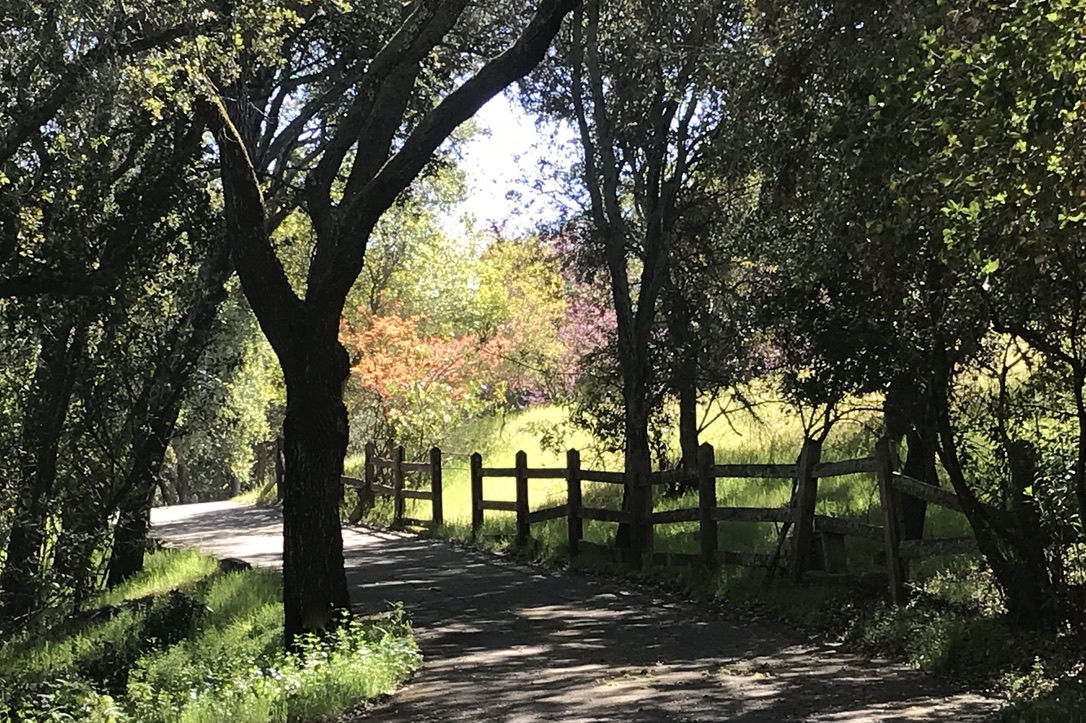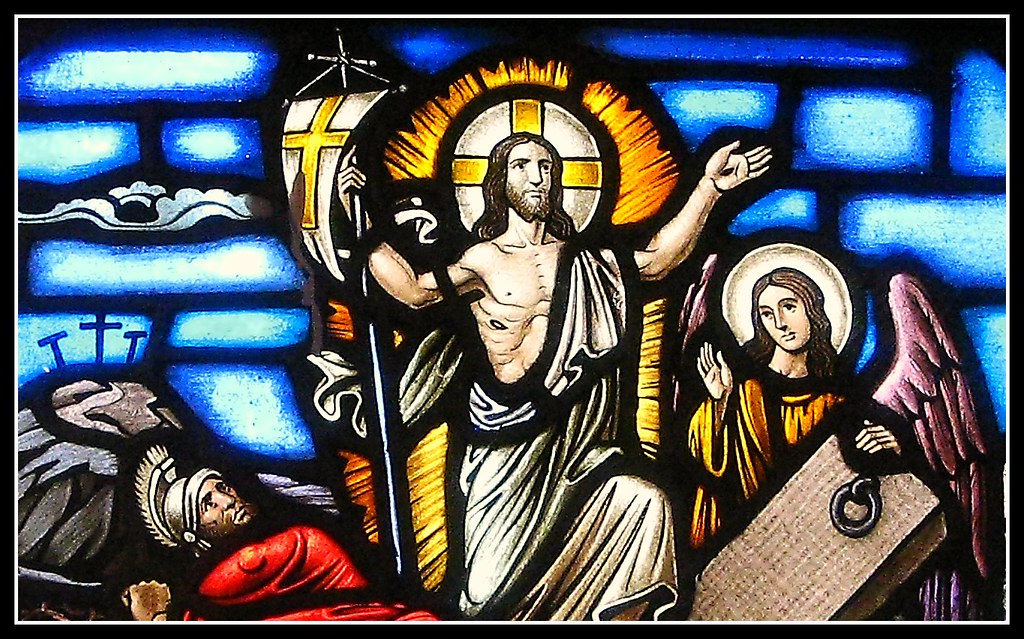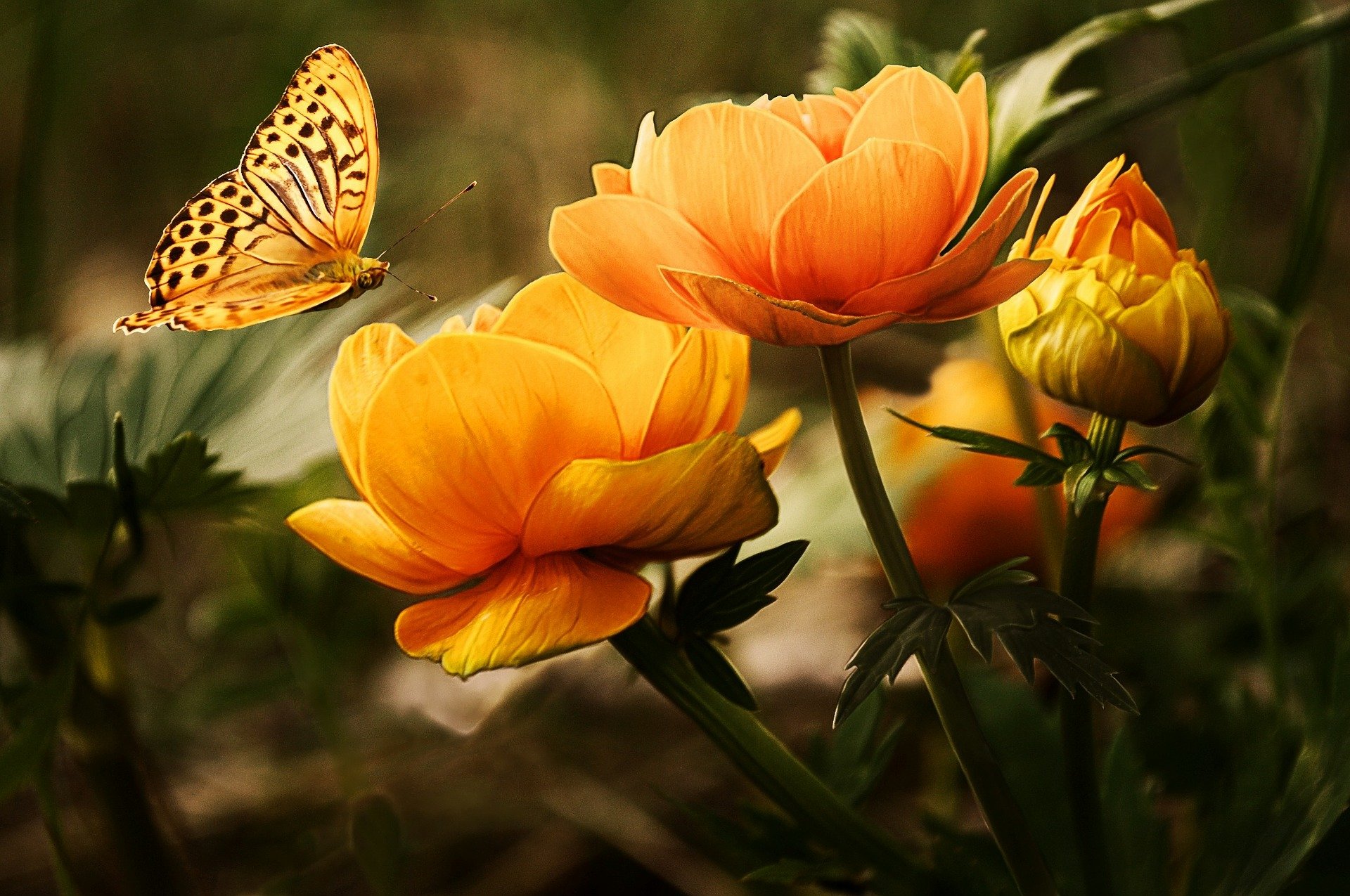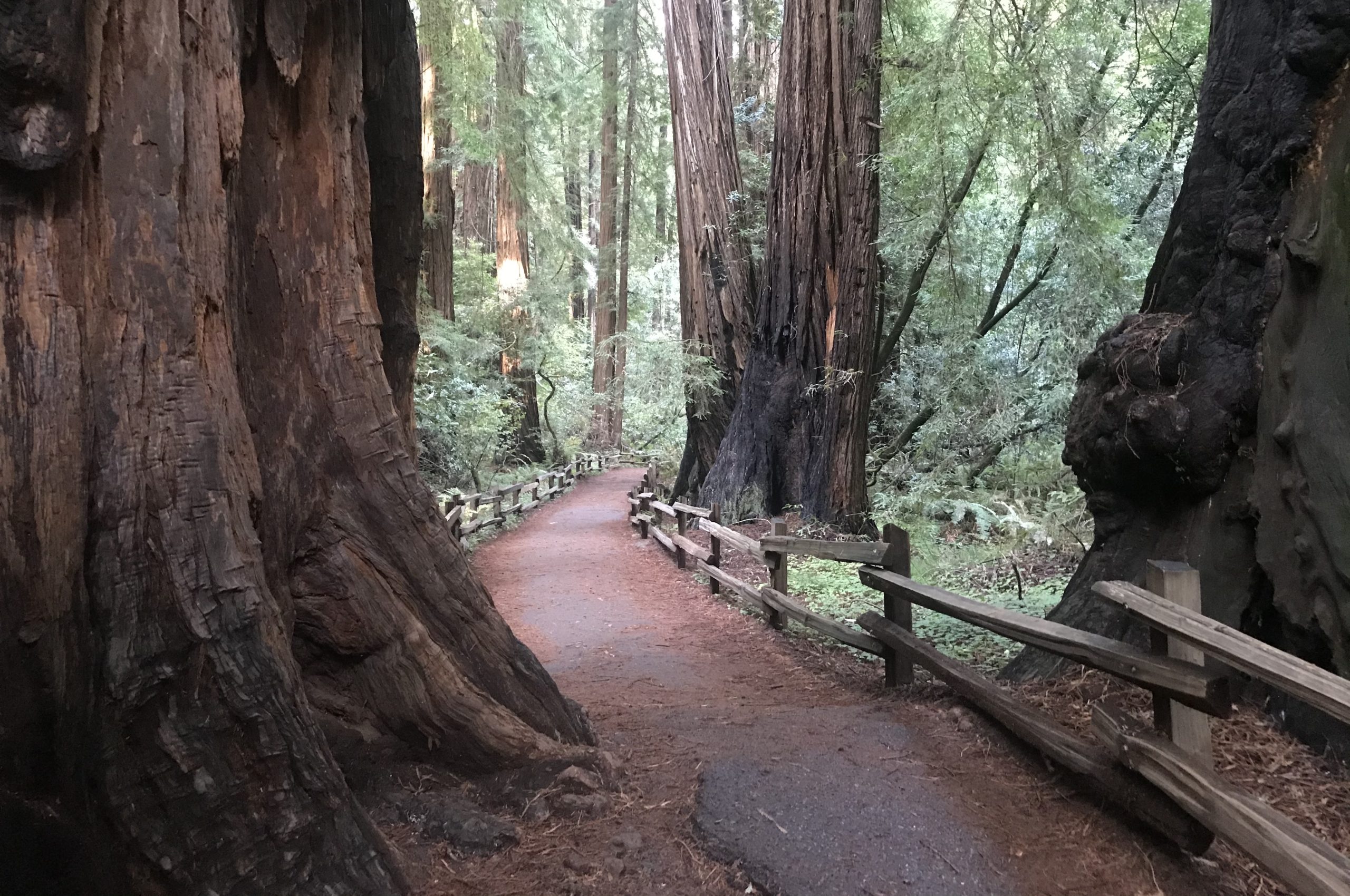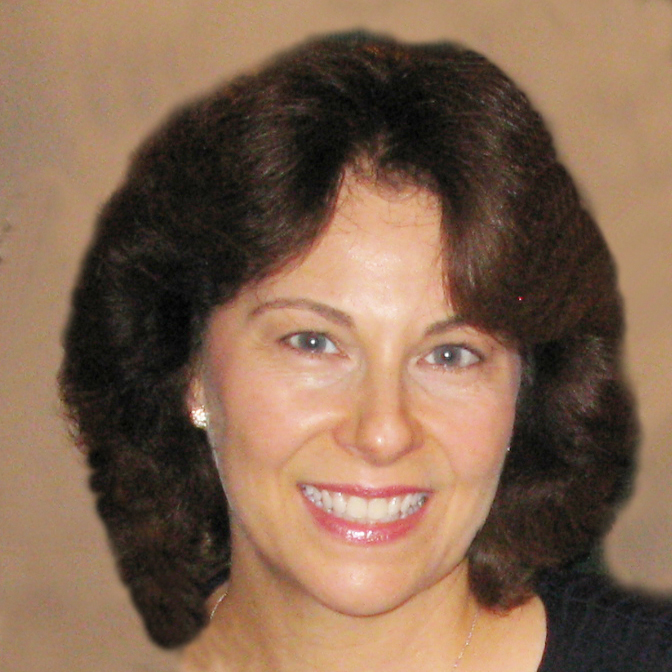I Am the Way, the Truth, and the Life
The past two years of isolation has caused us to turn inward and the constant fear surrounding us has tempted us to focus on ourselves and our own needs and wants to the exclusion of seeing the suffering and loneliness and despair of others. This fear is not from God; this fear from the enemy who seeks to separate us from our brothers and sisters when we most need to come together as the family of God. Jesus offers us a way out of this cycle of fear: “Let not your hearts be troubled, neither let them be afraid.” (Jn 14: 27)
I AM the Way
Jesus calls us to focus on Him, not on the chaos surrounding us. He calls us to focus on following the Divine Will of the Father. This is difficult because we have been following our own wills for so long. Even after choosing to follow Jesus, we constantly backslide because we are human and our will is weak. We get tempted to follow our will because we think we know what will make us happy. We often treat God as a vending machine, praying for exactly what we want, determined to get Him to give it to us. While we may want good things, we do not have the long term perspective to see what obstacles are around the bend or the long term consequences of our plans, so we become filled with anxiety as we struggle to control the outcomes. Our loving Father truly desires the highest good for us; trusting Him means allowing Him to navigate the way for us. If we allow ourselves to become like children, trusting in our parents to drive us safely to our destination, how much more can we enjoy the scenery as we live in the present moment in peace instead of anxiety?
I AM the Truth
At Jesus’s trial, Pilate asked “Truth? What is Truth?” Although he meant it sarcastically, each of us has to discern how we know what is truth. Many times young people say “I am speaking my truth.” My truth? Really? I can voice my opinion, share my perspective, and explain my point of view, but The Truth belongs to Jesus. None of us have the Truth apart from God Who is the eternal, unchanging truth. Seeking this Truth in the world today is a challenge. Russia and Ukraine are currently locked in conflict and rumors on all sides abound. Before any shots were fired, truth was the first casualty. In any war, all sides mount propaganda in an effort to persuade others to their point of view, but the danger of propaganda is that it causes us to divide into enemy camps and regard our enemy as less than human. When we allow hatred to cloud our judgement, we give ourselves the excuse to commit horrible atrocities against one another. While claiming the moral high ground for ourselves in justifying these acts, we damage our own souls in the process. This is happening now with the current war, and unless we embrace God’s Truth, things will continue to escalate as they did in World War II.
The World War II biography, A Higher Call by Adam Makos, deals with these issues. Makos writes about Franz Stigler, a German citizen drafted into the military who became a Messerschmitt fighter pilot. Stigler recounts the actions of some of the brave military commanders who stood up to the Nazis. His own commander staunchly denied they were any Jews in the air force when the SS came looking to root them out. Another military commander discovered American POWs had been sent to a concentration camp instead of a POW camp and intervened; he had them transferred in the same week they were scheduled for extermination in the concentration camp. Stigler had his moment when he came upon a B-17 bomber that had been almost completely destroyed. He saw the terrified looks on the faces of the helpless Americans as they were trying to get out of German airspace. He knew that if he did not shoot them down he would face court martial and either a concentration camp or immediate execution if found out. And yet, he also knew that it was murder to kill these defenseless men. Stigler answered God’s call; he chose to give them safe escort out of Germany.
How did these men make potentially life ending decisions and go against the ruthless Third Reich? They were able to make these decisions because they chose not to hate and thus were able to clearly see God’s Truth which is intertwined with Love: “If you love Me, you will keep My commandments.” (Jn 14:15) They were given the graces to make these courageous decisions precisely because other Christians in the world also saw God’s Truth and chose love; they chose to pray for their enemies. At the crucial moment, God sent these men the wisdom and courage to act upon their convictions that every human life matters. Now more than ever we need to pray for the conversion of the whole world.
I AM the Life
The invitation to follow Jesus is an invitation to live as we were meant to live – in the center of His Sacred Heart. Here we experience boundless love and mercy, the love and mercy He asks us to share with others as freely as He shares it with us: “Truly, truly I say to you, he who believes in Me will do the works that I do.” (Jn 14:12) The Feast of Divine Mercy (April 24th this year) follows the Sunday after Easter. The apostles were overjoyed at hearing the news that Jesus had risen, but they were also afraid to face Him after what they had done. When Jesus appeared, His first words to them were “Peace to you.” (Lk 24:36) They were the first recipients to experience Divine Mercy. The Feast of Divine Mercy celebrates this forgiveness and peace that He offers all mankind. More than anything, He wants the gift of our love. The love we have for Him is a special gift The Father has placed in our hearts to be given to Jesus. Our love is as unique as our fingerprints – no two people can love Jesus in exactly the same way. So when we choose to forgive and pray for the conversion of those who have offended us, we are really praying so that Jesus will be able to receive their gift of love to Him. How much joy this brings Our Father, seeing us gathering souls to bring to Jesus! And Jesus promises us, “he who loves Me will be loved by My Father.” (Jn 14:21)

